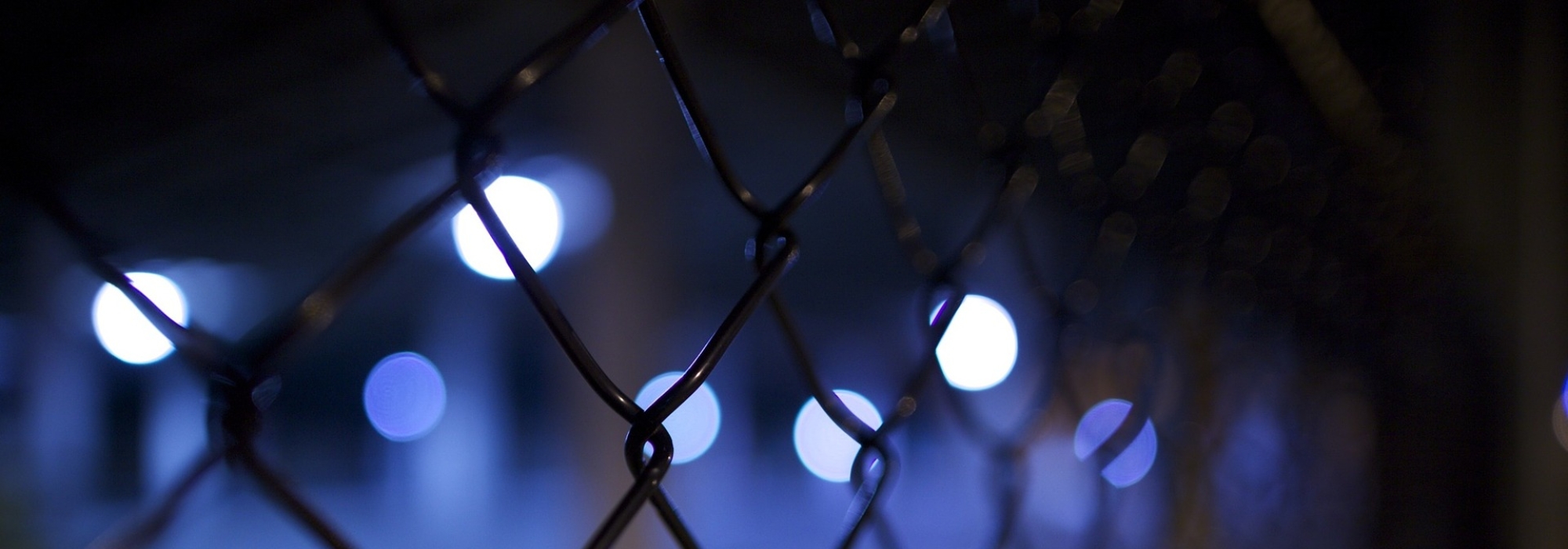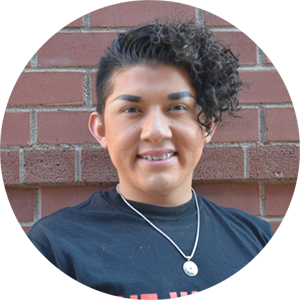
Ending the criminalization of individuals experiencing homelessness
Adonias Arevalo, Valley of the Sun United Way
"We have to invest more into housing, case management, and dealing with this on a more humanitarian level, especially for those who are facing mental health issues."
- Adonias Arevalo, KER Fellow 2019
Background
Arizona is home to the fourth largest prison population in the country. Many of these inmates were homeless prior to their incarceration and are at greater risk of returning to prison after their release. This cycle feels inevitable when people who are unsheltered can be sent to jail after just three violations for trespassing or sleeping on a sidewalk. But what would happen if we supported those experiencing homelessness rather than criminalizing them?
Research questions
-
How can we create a program, database, and resources to decrease prison reentry of people experiencing homelessness?
-
How do we hold local institutions, law enforcement, and city governments accountable to enact policies that protect people experiencing homeless instead of criminalizing them for surviving?
Methods and findings
Arevalo began answering these questions by interviewing individuals who have been at the intersection of incarceration and homelessness to learn about their journeys and experiences. He then collaborated with artists, partner organizations, and people with lived experience to turn these stories and data into an interactive public art exhibit. Arevalo also used this opportunity to learn more about public perception of these issues and identify gaps and opportunities. Finally, he developed a pilot program and a curriculum for formerly incarcerated individuals that was informed by learned experience and the mistakes and successes of past interventions.
Through this project, Arevalo found that people experiencing homelessness in Maricopa County are very likely to reenter prison up to three times a year for non-violent crimes. And this approach to addressing homelessness costs more than alternatives. Housing someone overnight in a jail is three times more expensive than housing them in a shelter. Additionally, Arevalo found that law enforcement was not always well prepared to support those with a history of homelessness. Individuals' first, fourth, eighth, and fourteenth amendment rights had been violated in many cases.
Impact
Arevalo's project underlines the importance of collaboration between non-profit organizations and service providers to support people right after they are released from jail to prevent reentry. It also demonstrates the power that shifting the narrative can have to empower individuals after their release. And Arevalo points out that, done right, this work could pay a resilience dividend, addressing multiple crises simultaneously. By working with local policymakers to increase affordable housing, for example, organizations can also reduce eviction rates, reduce homelessness, and reduce recidivism for those released from prison.
Deliverables
Arevalo created a database to decrease prison reentry of those experiencing homelessness, an art exhibit educating the public on incarceration and homelessness through real-life scenarios, as well as a pilot program and curriculum for formerly incarcerated folks.
Adonias Arevalo
Valley of the Sun United Way
Community Fellow, 2019
Adonias is currently a Community Impact Manager with Valley of the Sun United Way where he is responsible to manage relationships with community members, stakeholders, strategic partners and corporate donors to further community work around specific issues and challenges in their localities. His passion involves working with underrepresented communities.
